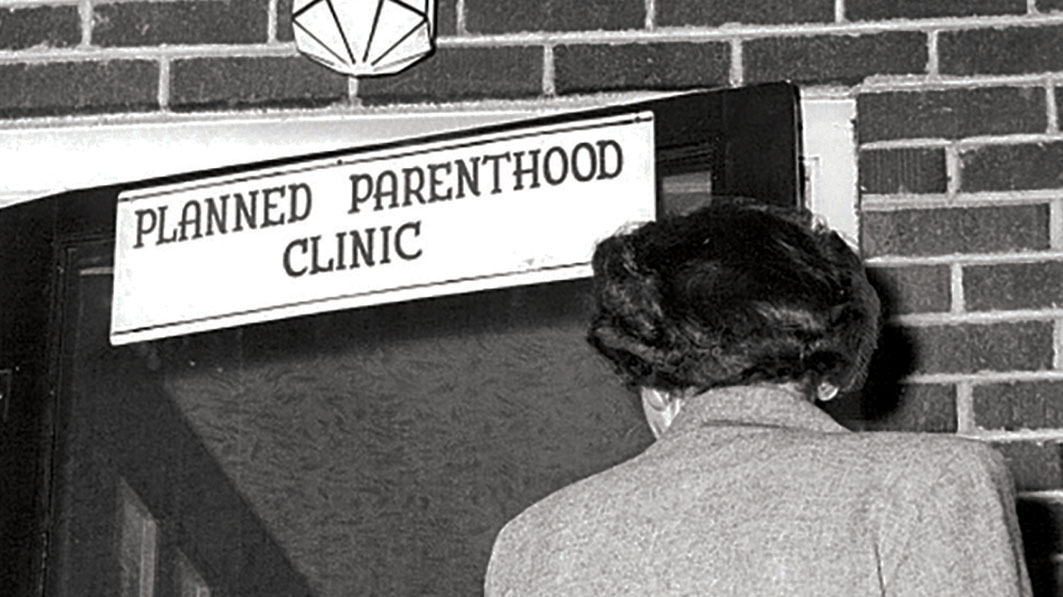Earlier this year, Cecile Richards stepped down from her position as president of the Planned Parenthood Federation of America after 12 years at its helm.
Arguably one of the most “successful” leaders in the organization’s history, Richards is a charismatic figure who shaped the organization’s socially liberal policies and was instrumental in some of its most financially rewarding years with more than $1.4 billion in revenue, according to its 2016-17 annual report. She has also been at the forefront of some of the organization’s most damaging scandals, including undercover videos of officials negotiating the illegal sale of fetal body parts to tissue brokers, and possible negligence in reporting criminal acts like suspected sex trafficking and statutory rape.
At press time, Planned Parenthood had not announced who would be taking Richards’ place. But since its inception in 1916—starting with its first president and culminating with its most recent one to date—the organization has left an indelible mark on our culture. Here are a few statistics from the last 100 years.
Controversial Legacies
In 1916, Planned Parenthood founder Margaret Sanger opened her first birth-control facility in an impoverished area of New York City. Her interest in contraception stemmed from her extremely liberal views on sex and her desire to free women from the constraints of marriage and motherhood—but it was her belief in the eugenic ideals of limiting family size, eliminating defective children and her hatred of “lower-class people” that drove her work.
Notably: Sanger was intimately involved with the eugenics movement of the early 20th century.
She was arrested several times over six years. Her most significant charges related to the Comstock Laws prohibiting mailing pornography, information about birth control and other material considered “obscene” through the U.S. Postal Service.
Sanger started the Negro Project in the deep South, specifically using African American pastors to spread the message of contraception to their communities; many have considered this racist, and another expression of her views concerning eugenics.
Richards followed in Sanger’s footsteps, with several enduring controversies of her own: Undercover investigators filmed Planned Parenthood executives and officials in California and Texas discussing alleged sales of tissue from aborted babies, prompting an ongoing investigation by the U.S. Department of Justice.
Planned Parenthood officials failed to report 12 alleged cases of statutory rape in at least seven states. These numbers likely barely scratch the surface of neglect by clinic administrators, according to an investigative report titled “How Planned Parenthood ‘Cares’ for Child Victims of Sexual Abuse,” released by the religious-liberties law firm Alliance Defending Freedom in September 2015.
Richards insists her organization provides X-ray mammograms to screen for breast cancer, but Planned Parenthood only provides a manual physical exam of breast tissue to check for lumps.
FOR MORE INFORMATION:
To learn more about Planned Parenthood and the leadership legacy of Margaret Sanger and Cecile Richards, check out “From Margaret to Cecile: Planned Parenthood’s 100 Years of Scandals.”
Originally published in the June/July 2018 issue of Citizen magazine.






